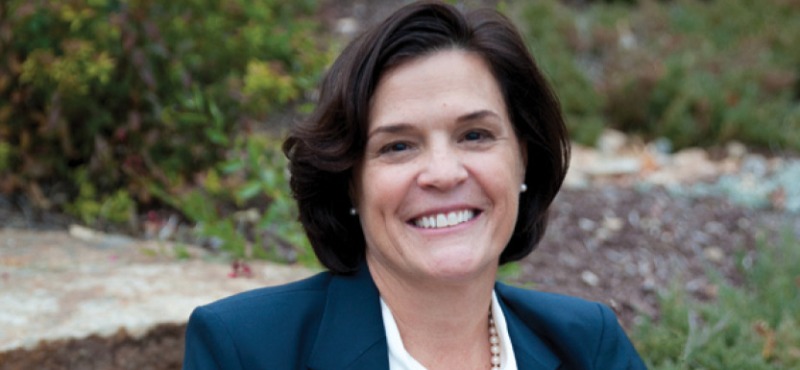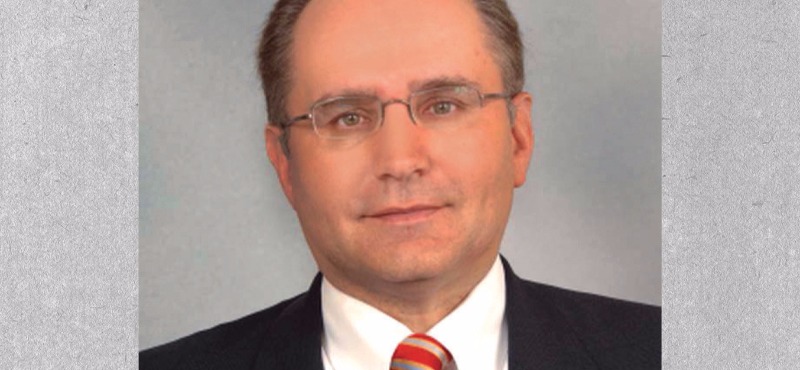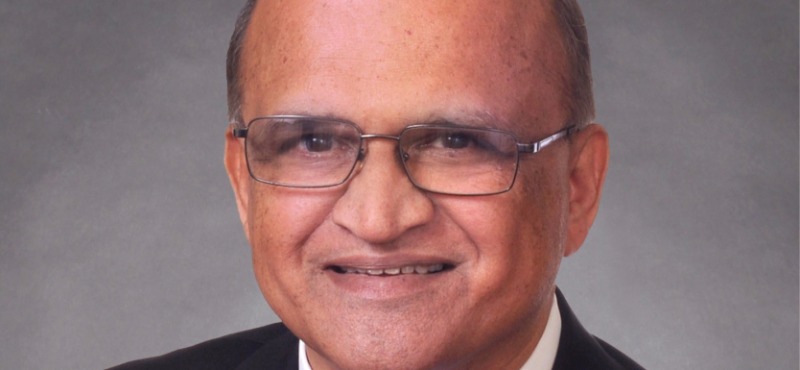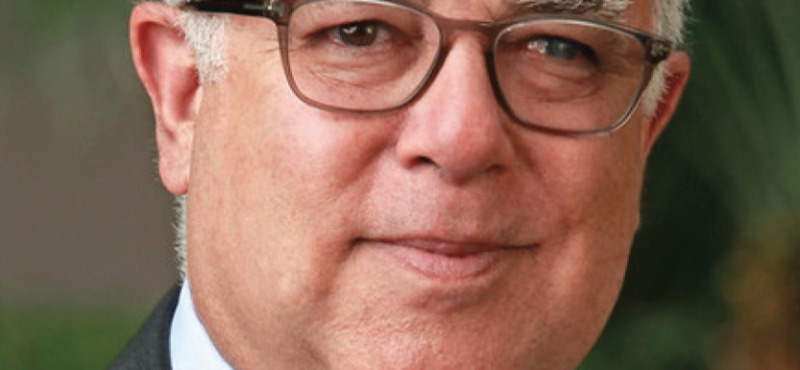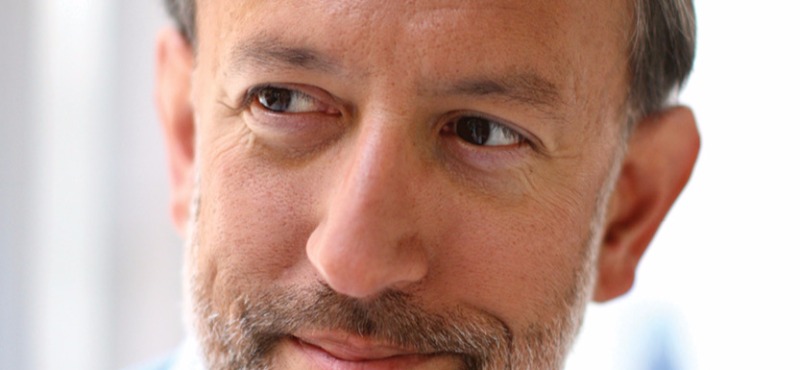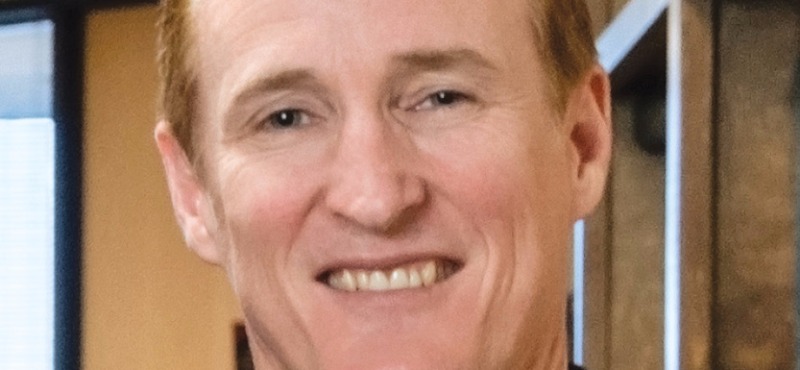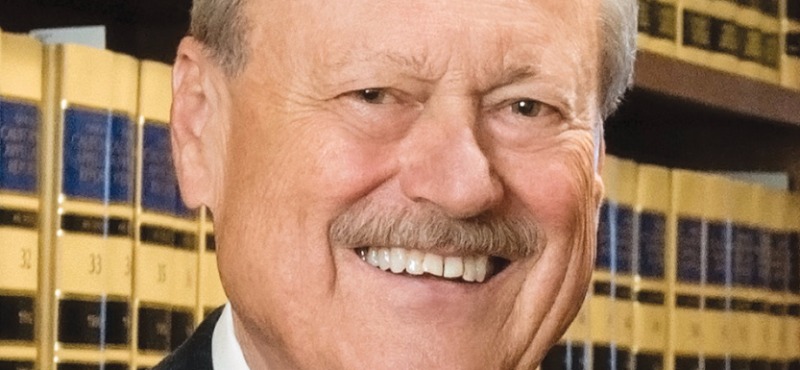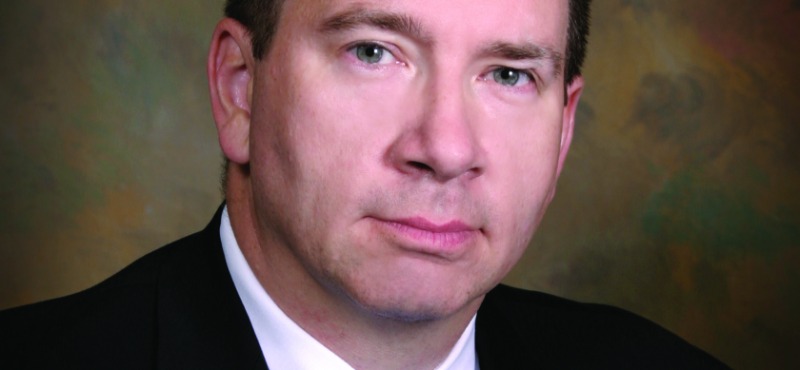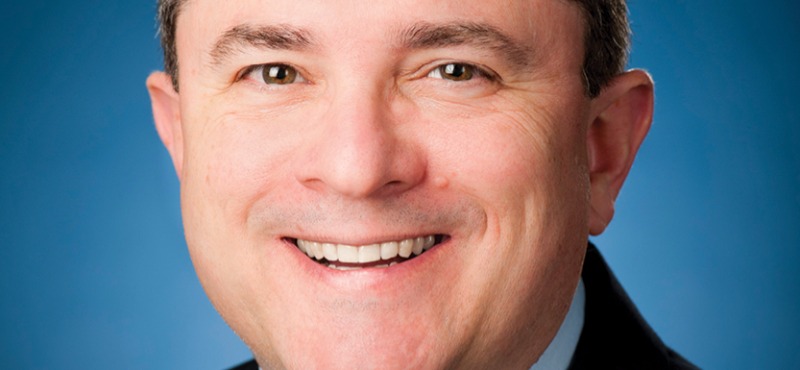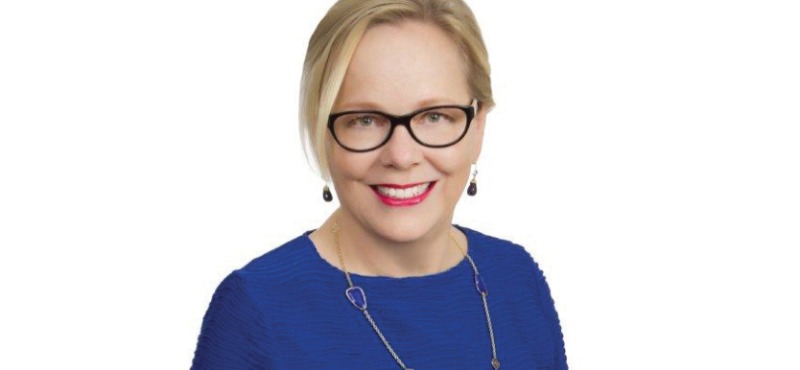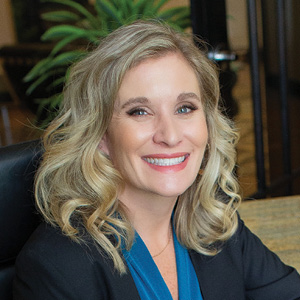Robin Meadow was already an experienced trial and appellate lawyer when, in 1994, 23 years into his career, he left a major commercial firm to join the appellate boutique Greines, Martin, Stein & Richland LLP (GMSR) where he still practices today.
“There were several reasons,” Meadow says. “Over time I discovered that it’s hard to do both trial and appellate work because the skillsets, rhythms, and timelines are so different. I also discovered that my skills and disposition were better suited to appellate law. But I knew I could never develop a full-time appellate practice at the firm. I handled all of the firm’s appellate work, but it added up to only about a third of my time. And while I’d had the best trial lawyer mentoring anyone could ask for, I had no appellate mentors. When I realized how often I was picking the brains of my friends at GMSR, I knew what I had to do.”
Meadow’s appellate expertise began gathering recognition in 1988 when he joined the California Academy of Appellate Lawyers, the nation’s oldest appellate specialty organization. Admission requires both extensive appellate experience and a rigorous evaluation of one’s written work. In 2000, he was invited to join the American Academy of Appellate Lawyers, a national elective group. Since then has been rated as a Band One appellate litigator by Chambers and Partners; he has been included in Southern California Super Lawyers since its inception and has appeared in its top 100 rankings six times; and he has received the Pamela E. Dunn Appellate Justice Award from the Los Angeles County Bar Association. He also received an Attorney of the Year award from California Lawyer magazine and was designated a “Trailblazer” by the National Law Journal for his work on Estate of Duke (2015) 61 Cal.4th 871, a landmark will case that changed law reaching back to the 1540 Act of Wills.
Meadow says that Estate of Duke exemplifies the value of an appellate specialty practice. “The California Court of Appeal rejected our clients’ appeal on the basis of controlling California Supreme Court authority. Working together, two of my colleagues and I developed a new argument based almost entirely on academic literature rather than case law, and we persuaded the Supreme Court to accept it. That’s the kind of challenge appellate lawyers excel at. And while I appreciate the recognition I’ve received, the real star of Estate of Duke was the firm’s collaborative teamwork—both among us and with trial counsel and clients.” He adds, “Estate of Duke shows something else, too. Because we practice only appellate law, we provide the kind of independent review—a fresh set of eyes—that trial boutiques or trial departments of large firms can’t provide. We believe that this independence has played a major role in the hundreds of successful civil appeals we’ve handled, including seven victories in our eight cases before the United States Supreme Court.”


